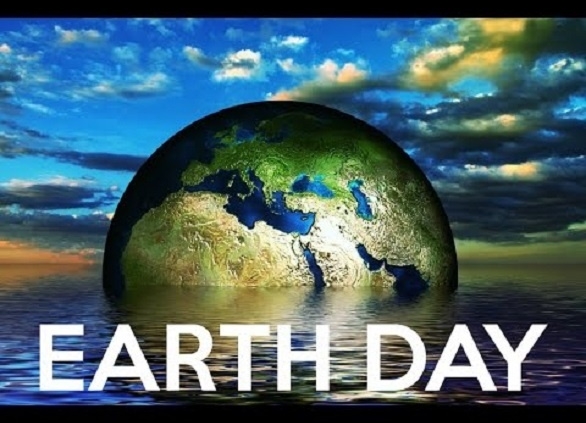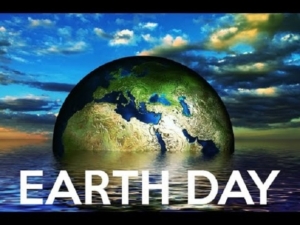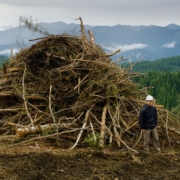History of Earth Day
History of Earth Day
Earth Day was the brain child of U.S. Senator Gaylord Nelson, who was horrified after witnessing a terrible 1969 oil spill near Santa Barbara, California. Sen. Nelson hoped to tap into the restless energy which was still being expressed by the counter-culture movements of the time, to publicize and promote national awareness of the environment. Up to that time, relatively little mention of the environment had ever been featured in the media, with only a few voices calling attention to the diminishing resources, increasing pollution, and indiscriminate recklessness toward the earth.
Organizing the first Earth Day
Sen. Nelson persuaded Republican Congressman Pete McCloskey to be co-chairman and appointed Denis Hayes from Harvard as his national coordinator. Mr. Hayes quickly assembled a national staff of 85 like-minded individuals to help with the event, and April 22, 1970 was chosen as the date for the inaugural Earth Day in America.
An amazing 20 million Americans turned out that day to demonstrate in favor of greater environmental awareness and protections, enlisting the aid of millions who had already been fighting pollution and other discrete areas of environmental harm. The groundswell of support for the movement led directly to the formation of the Environmental Protection Agency, and the passage of a bill promoting clean air, clean water, and protection of endangered animal species.
Earth Day goes global
Twenty years later, in 1990, Denis Hayes again took the spotlight for organizing a global Earth Day. For that effort, more than 200 million people in almost 150 countries participated, and it brought the issue of environmental conservation into focus for the entire world. One of the biggest outcomes of this global involvement was a formal program of recycling which began to be adopted almost everywhere on earth. In 1995, President Bill Clinton awarded Sen. Gaylord Nelson the Presidential Medal of Freedom for his efforts in founding Earth Day.
Earth Day today
In 2010, the Earth Day Network brought more than 250,000 people to the National Mall for a rally focused on the climate, and initiated the launching of the world’s largest environmental service undertaking, called ‘A Billion Acts of Green’. This called for forest preservation and conservation in the form of planting trees in 192 countries, by more than 22,000 partners of the Earth Day Network.
Earth Day has grown into the biggest observance in the world by private citizens, with upwards of one billion people participating annually. It continues to gain supporters every year. In addition, the movement continues to spur new legislation that acts to protect the environment and the creatures which make use of it. With major impacts already being wrought by climate change, and even greater impacts anticipated, the value provided by Earth Day becomes more evident and more crucial with each successive year.







